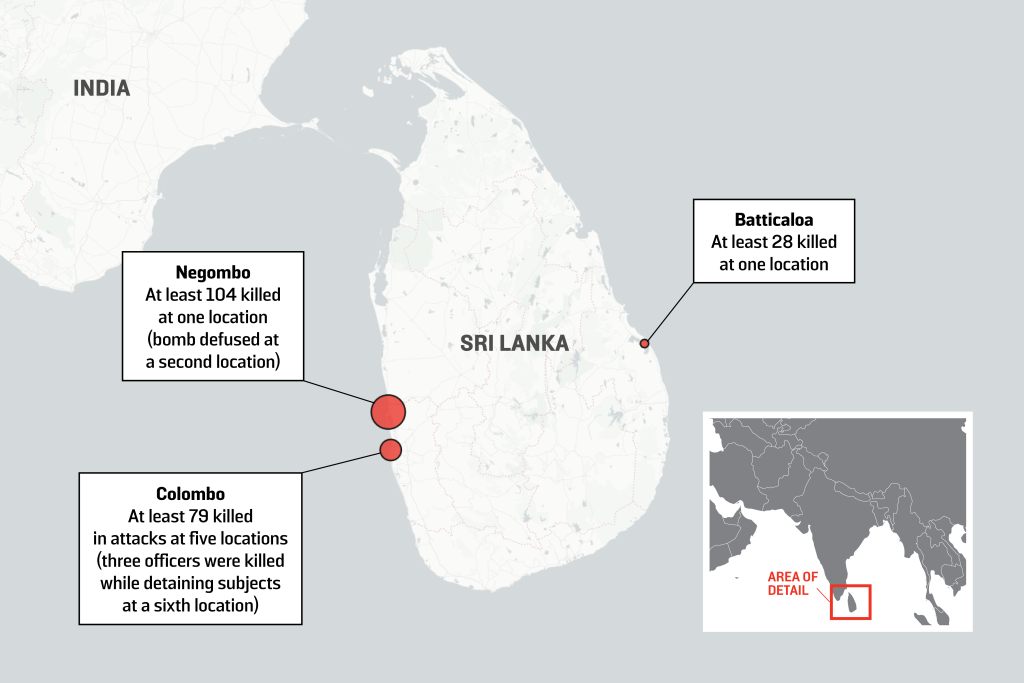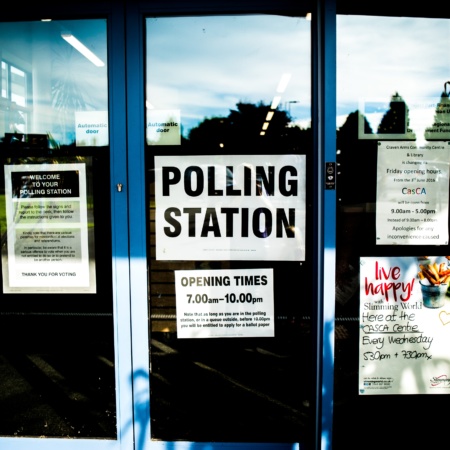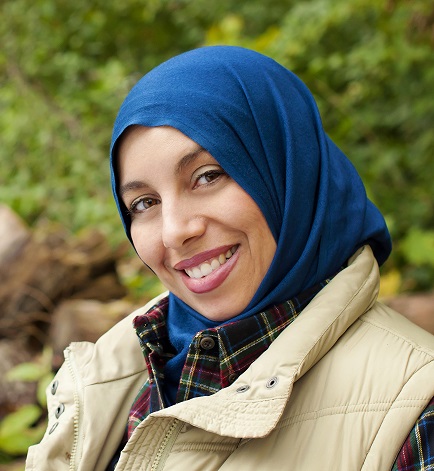Uzbek President Asks Putin to Help Fight Radical Islam in Central Asia
By Denis Dyomkin
TASHKENT (Reuters) – Uzbekistan urged Russia on Wednesday to help protect Central Asia against what it said would be a rising threat from militant Islam as U.S. forces draw down their numbers in Afghanistan.
President Islam Karimov said Central Asia, a resource-rich and mainly Muslim region nestled between Russia, China and Afghanistan, could face a fate similar to that of Iraq, swathes of which have been taken over by Islamic State insurgents.
“Various elements among the representatives of Islamic State are already slipping into Afghanistan from Iraq and Syria. All this requires the adoption of appropriate preventative measures,” Karimov said, without elaborating, at a news briefing with visiting Russian President Vladimir Putin alongside.
“The creeping expansion of militant extremism and religious radicalism, not only on the territory of the governments of Central Asia but also abroad, is most seriously concerning,” Karimov said. “Russia’s presence in Central Asia is undoubtedly an important factor to support peace and security.”
Putin said Russia, which has a large number of immigrants from fellow ex-Soviet republics in Central Asia, shared Uzbek concerns over NATO’s looming pullout from Afghanistan, given its own conflict with Islamist militants in the North Caucasus.
Putin’s visit was a show of support for Karimov at a time when Russia is increasingly worried about regional security. Russian officials said Moscow also planned to forgive $865 million in Uzbek debt.
Karimov, whose government has been accused of torturing political prisoners, has repeatedly justified his tough methods by saying he wants to prevent militant Islamist gaining a foothold in Uzbekistan. It denies the torture accusations.
Uzbekistan, like other Central Asian states, has played its Soviet-era master Moscow off against the growing influence of China as well as that of the United States, which aims to draw down its troops in Afghanistan after more than a decade.
However, around 12,000 international troops are to remain at least into next year to train and support Afghan security forces facing a resilient Islamist Taliban insurgency.
The United States leased an air force base in Uzbekistan to help in military operations in Afghanistan after the Sept. 11, 2001 attacks. But the base was closed to U.S. forces after Washington criticized Tashkent’s human rights record.
Karimov, 76, has ruled Central Asia’s most populous nation of 30 million people with an iron hand for more than two decades and is widely expected to seek re-election in March.
(Writing by Thomas Grove; Editing by Mark Heinrich)
16-51














2014
920 views
views
0
comments